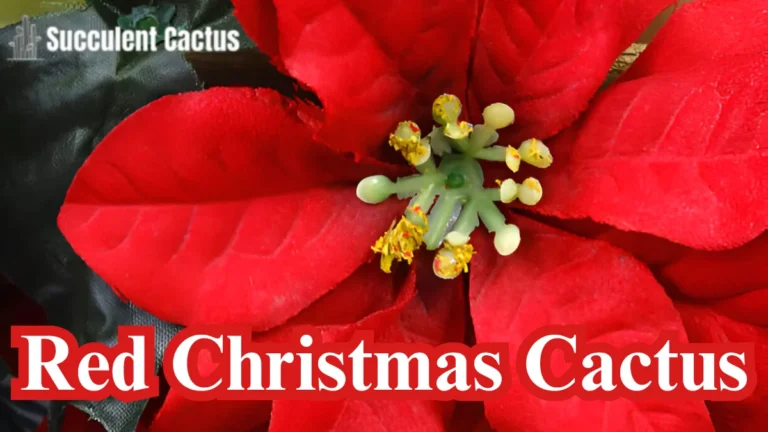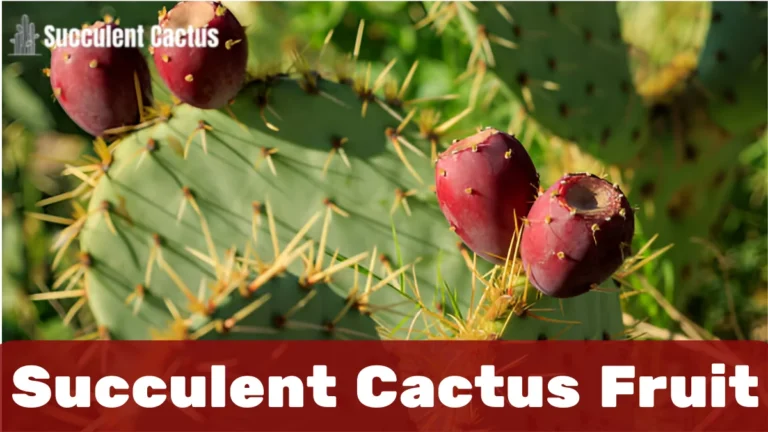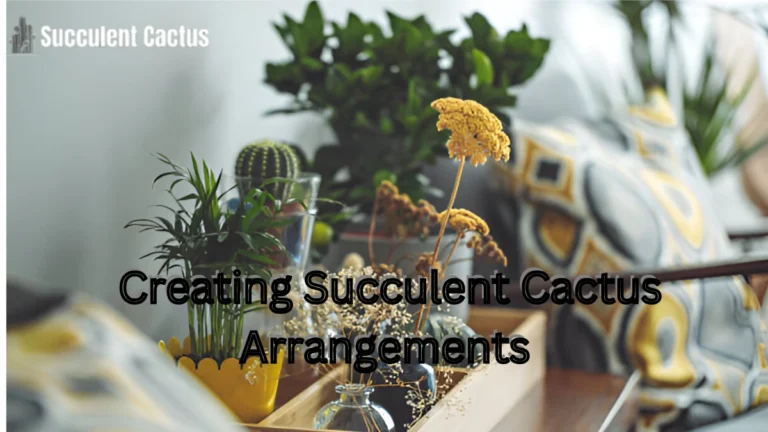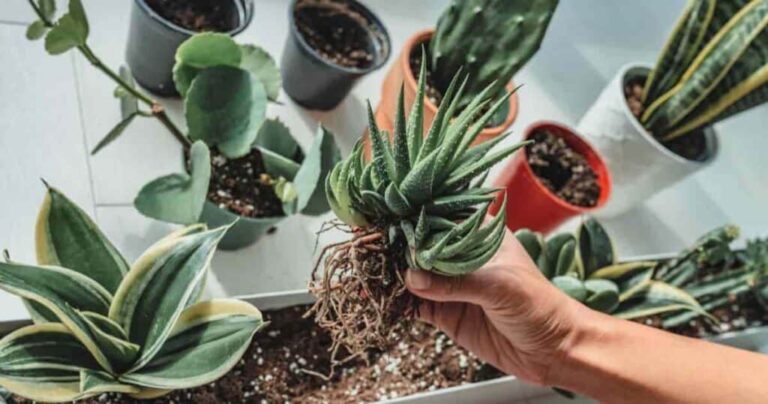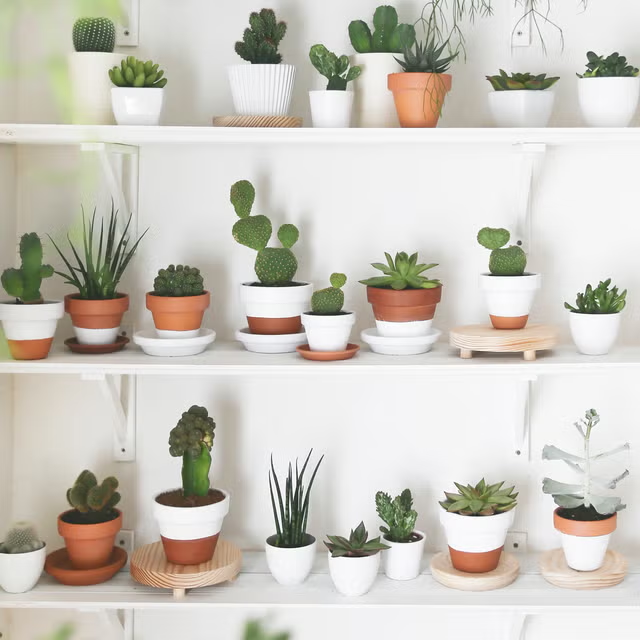Succulent Plant Yellow Flowers: A Complete Guide to Succulents with Stunning Yellow Blooms

Succulents are some of the most fascinating plants in the world, known for their resilience, unique shapes, and stunning flowers. Among the many colors that succulent flowers can have, yellow blooms stand out as a symbol of warmth, happiness, and positivity. If you’re looking for Succulent Plant Yellow Flowers, you’re in for a treat!
In this guide, we will explore a wide variety of succulent plants with yellow flowers and succulent plants with yellow blooms to help you choose the best options for your garden or indoor collection. You’ll also learn how to care for them, their symbolism, propagation techniques, and much more!
What Makes Succulents with Yellow Blooms Unique?
Bright and Eye-Catching Appeal
Yellow-flowered succulents are known for their vibrant and cheerful appearance. Their golden hues contrast beautifully with the green, blue, or grayish leaves that succulents often have. This makes them a popular choice for gardeners who want to add a splash of color to their collection.
Some Succulent Plant Yellow Flowers bloom in clusters, while others produce single large flowers that resemble daisies or starbursts. Their striking beauty makes them perfect for:
- Rock gardens
- Indoor decorations
- Succulent arrangements
- Xeriscaping (drought-tolerant gardening)
Attraction for Pollinators
Many succulent plants with yellow flowers attract beneficial pollinators such as:
- Bees: Drawn to bright yellow colors.
- Butterflies: Enjoy nectar-rich flowers.
- Hummingbirds: Prefer trumpet-shaped succulent blooms.
These pollinators help improve plant health, ensuring better growth and continuous flowering.
Seasonal Blooms and Longevity
Some succulents bloom seasonally, producing yellow flowers in spring and summer, while others bloom year-round. Understanding their flowering cycle helps in planning a garden that stays colorful throughout the year.
| Blooming Season | Succulent Examples |
| Spring | Echeveria ‘Doris Taylor’, Sedum Acre |
| Summer | Kalanchoe Blossfeldiana, Opuntia Microdasys |
| Year-Round | Aloe Vera, Haworthia species |
Popular Succulent Plant Yellow Flowers
Echeveria ‘Doris Taylor’
This fuzzy-leaved succulent produces bright yellow and orange flowers, making it a collector’s favorite. It thrives in full sun to partial shade and requires minimal watering.
Key Features:
- Fuzzy, silver-green leaves.
- Blooms in spring and early summer.
- Prefers well-draining soil.
Sedum Acre (Goldmoss Stonecrop)
A fast-growing, low-maintenance succulent that produces tiny star-shaped yellow flowers in the summer. It’s perfect as ground cover or for filling in gaps in rock gardens.
Key Features:
- Spreads quickly to form a dense mat.
- Extremely drought-tolerant.
- Requires full sun to bloom profusely.
Ferocactus Chrysacanthus (Golden Barrel Cactus)
A large, round cactus with thick golden-yellow spines and bright yellow flowers that bloom during late spring. It’s ideal for desert landscapes.
Key Features:
- Slow-growing but highly resilient.
- Produces large, cup-shaped flowers.
- Prefers hot, dry environments.
| Succulent Name | Bloom Color | Flowering Season | Growth Habit |
| Echeveria ‘Doris Taylor’ | Yellow-Orange | Spring-Summer | Rosette-forming |
| Sedum Acre | Bright Yellow | Summer | Ground Cover |
| Ferocactus Chrysacanthus | Golden Yellow | Late Spring | Large, Round Cactus |
How to Care for Succulent Plants with Yellow Blooms
Proper Sunlight Requirements
Most succulents that produce yellow flowers require at least 4-6 hours of direct sunlight daily. However, some varieties, such as Haworthia, can tolerate partial shade.
Sunlight Requirements by Succulent Type:
| Succulent Type | Light Requirement |
| Full Sun Succulents | Aloe, Sedum, Opuntia |
| Partial Shade Succulents | Haworthia, Gasteria, Kalanchoe |
Well-draining soil is Essential
Succulents hate sitting in water, so they require well-draining soil. A mix of cactus soil and perlite is ideal for preventing root rot.
Best Soil Mix:
- 2 parts cactus soil
- 1 part perlite
- 1 part sand
Watering Needs for Blooming Succulents
Water succulents only when the soil is completely dry. Overwatering can cause root rot, reducing the chances of flowering.
| Care Factor | Best Practice |
| Sunlight | 4-6 hours of direct sun |
| Soil | Cactus mixed with sand & perlite |
| Watering | Only when the soil is dry |
Best Yellow-Blooming Succulents for Indoor Gardens
Kalanchoe Blossfeldiana (Flaming Katy)
A popular indoor succulent that produces clusters of small, bright yellow flowers.
Care Tips:
- Prefers bright, indirect light.
- Water only once every 2 weeks.
Aloe Vera (Yellow-Flowering Varieties)
Some Aloe species bloom with yellow flowers on tall spikes when grown in bright light.
Care Tips:
- Needs a sunny windowsill.
- Requires well-draining soil.
Gasteria Liliputana
A miniature succulent with yellow-orange flowers, ideal for small indoor pots.
Care Tips:
- Thrives in low light conditions.
- Prefers infrequent watering.
| Succulent Name | Best For | Flower Color |
| Kalanchoe Blossfeldiana | Indoor pots | Yellow |
| Aloe Vera | Windowsills | Yellow |
| Gasteria Liliputana | Small spaces | Yellow-Orange |
Yellow-Flowering Succulents for Outdoor Landscapes
Opuntia Microdasys (Bunny Ears Cactus)
Produces bright yellow flowers and thrives in hot, dry climates.
Sedum Kamtschaticum
A hardy ground cover succulent with golden-yellow flowers, ideal for rock gardens.
Agave parryi
Mature Agave plants produce large yellow blooms that attract pollinators.
Common Problems When Growing Succulents with Yellow Flowers
While succulents are low-maintenance, they can still face challenges when trying to bloom. Here’s how to troubleshoot common issues.
Why Isn’t My Succulent Blooming?
If your succulent isn’t producing yellow flowers, consider these possible causes:
- Insufficient Light – Most succulents need at least 6 hours of direct sunlight.
- Too Much Nitrogen – Excessive nitrogen promotes leaf growth instead of flowers.
- Incorrect Watering – Overwatering can rot roots, while underwatering stresses the plant.
- Age of the Plant – Some succulents, like Agave, take years to bloom.
Dealing with Pests & Diseases
Pests can damage blooms and foliage. Look out for:
- Mealybugs – White, cotton-like pests that suck plant juices.
- Aphids – Tiny green insects that feed on flower buds.
- Fungal Infections – Overwatering can cause root rot and leaf spots.
Solution:
- Use neem oil or insecticidal soap to remove pests.
- Allow proper air circulation to prevent fungus.
- Keep leaves dry and remove infected parts.
Sunburn & Yellowing Leaves
If succulent leaves turn yellow or brown, it may be sunburned.
- Move plants to partial shade if exposed to intense sunlight.
- Acclimate plants gradually to avoid shock.
Seasonal Care for Succulents with Yellow Blooms
Different seasons affect how succulents grow and flower. Here’s how to care for them throughout the year.
Spring & Summer: Growth & Blooming Season
- Increase watering to every 7-10 days, depending on climate.
- Use a phosphorus-rich fertilizer to encourage blooms.
- Provide at least 6-8 hours of sunlight.
- Repot if the plant has outgrown its pot.
Fall: Preparing for Dormancy
- Reduce watering to every 2-3 weeks.
- Stop fertilizing to let the plant rest.
- Move potted succulents indoors if temperatures drop below freezing.
Winter: Dormant Period
- Water sparingly (every 4-6 weeks).
- Keep succulents in bright but indirect light.
- Protect from frost with covers or move indoors.
| Season | Care Tips |
| Spring & Summer | More sunlight, increase watering, fertilize |
| Fall | Reduce watering, stop fertilizing, prepare for dormancy |
| Winter | Water sparingly, protect from cold, and move indoors if necessary |
Using Yellow-Flowering Succulents in Landscaping & Decor
Yellow-blooming succulents can enhance gardens, homes, and event décor. Here’s how to use them creatively.
Succulents in Rock Gardens
Succulents like Sedum Angelina and Golden Barrel Cactus thrive in rocky landscapes.
- Require minimal water.
- Add texture and vibrant color.
- Pair well with purple or blue succulents for contrast.
Succulent Arrangements & Terrariums
Yellow-flowering succulents make beautiful indoor displays.
- Kalanchoe Blossfeldiana is perfect for tabletops.
- Haworthia & Aloe fit well in glass terrariums.
- Use decorative pebbles for an aesthetic touch.
Wedding & Event Decor
Succulents with yellow blooms are used in:
- Bouquets & centerpieces for a unique floral touch.
- Living succulent walls for outdoor weddings.
- Potted favors as sustainable gifts.
Rare & Unusual Yellow-Flowering Succulents
Some rare succulents with yellow flowers are highly sought after by collectors.
Hard-to-Find Yellow Blooming Succulents
- Dudleya Brittonii – Produces stunning yellow-orange flowers.
- Conophytum Calculus – Unique round shape with bright yellow blooms.
- Pachyphytum Oviferum (Moonstones) – Has pastel yellow flowers.
Expensive & Collectible Succulents
Some varieties are rare and expensive due to slow growth or limited availability.
| Succulent Name | Why It’s Special | Price Range |
| Dudleya Brittonii | Native to Baja California | $30-$100 |
| Pachyphytum Oviferum | Unique chubby leaves | $15-$50 |
| Conophytum Calculus | Rare mesemb | $40-$150 |
Where to Buy Rare Succulents
- Specialty nurseries and online stores.
- Succulent clubs and exchanges.
- International plant expos and shows.
FAQs About Succulent Plants with Yellow Flowers
1. How often do succulents with yellow flowers bloom? Most bloom once a year, typically in spring or summer, but some, like Kalanchoe, bloom multiple times.
2. Can I grow yellow-flowering succulents indoors? Yes! Kalanchoe, Haworthia, and Gasteria are great indoor choices. Just provide bright indirect light.
3. Why are my succulent flowers falling off? Flower drop is caused by overwatering, stress, or pests. Ensure proper care and avoid moving plants too often.
4. Do all succulents bloom? Not all succulents flower regularly. Some take years to bloom (like Agave), while others bloom yearly (like Sedum).
5. What’s the best soil mix for flowering succulents? Use a well-draining mix with pumice or perlite to prevent root rot and promote healthy blooms.
Conclusion
Succulent Plant Yellow Flowers bring vibrancy, beauty, and uniqueness to any garden or indoor space. Whether you’re looking for an easy-to-grow variety like Sedum or a rare species like Conophytum, there’s a yellow-flowering succulent for every plant lover.
To ensure healthy blooms, remember to:
- Provide adequate sunlight.
- Use proper soil and watering techniques.
- Choose the right variety for your climate.
- Fertilize during the growing season.
By following these best care practices, you can enjoy the bright, cheerful blooms of succulent plants year after year!

